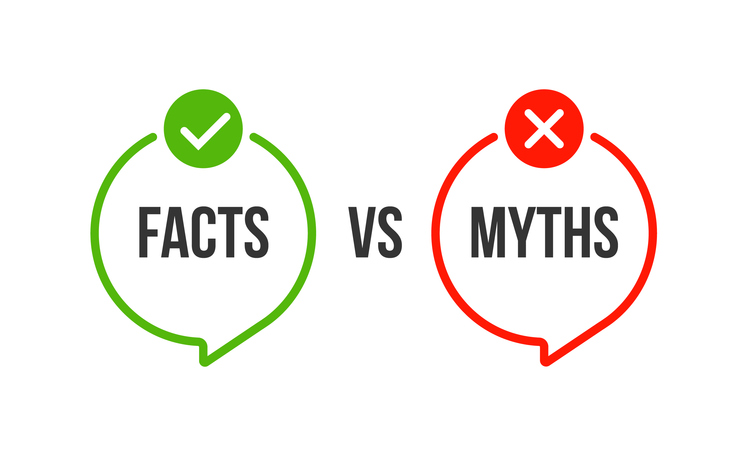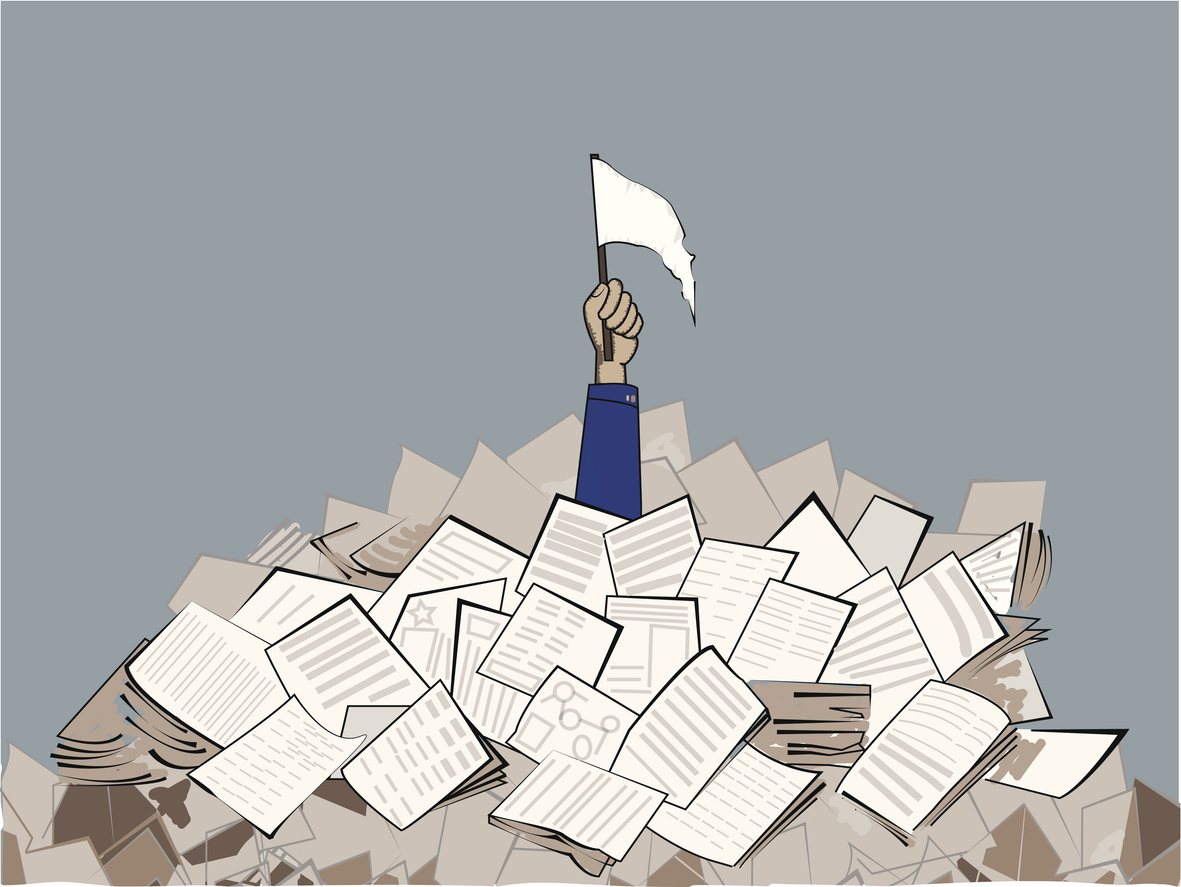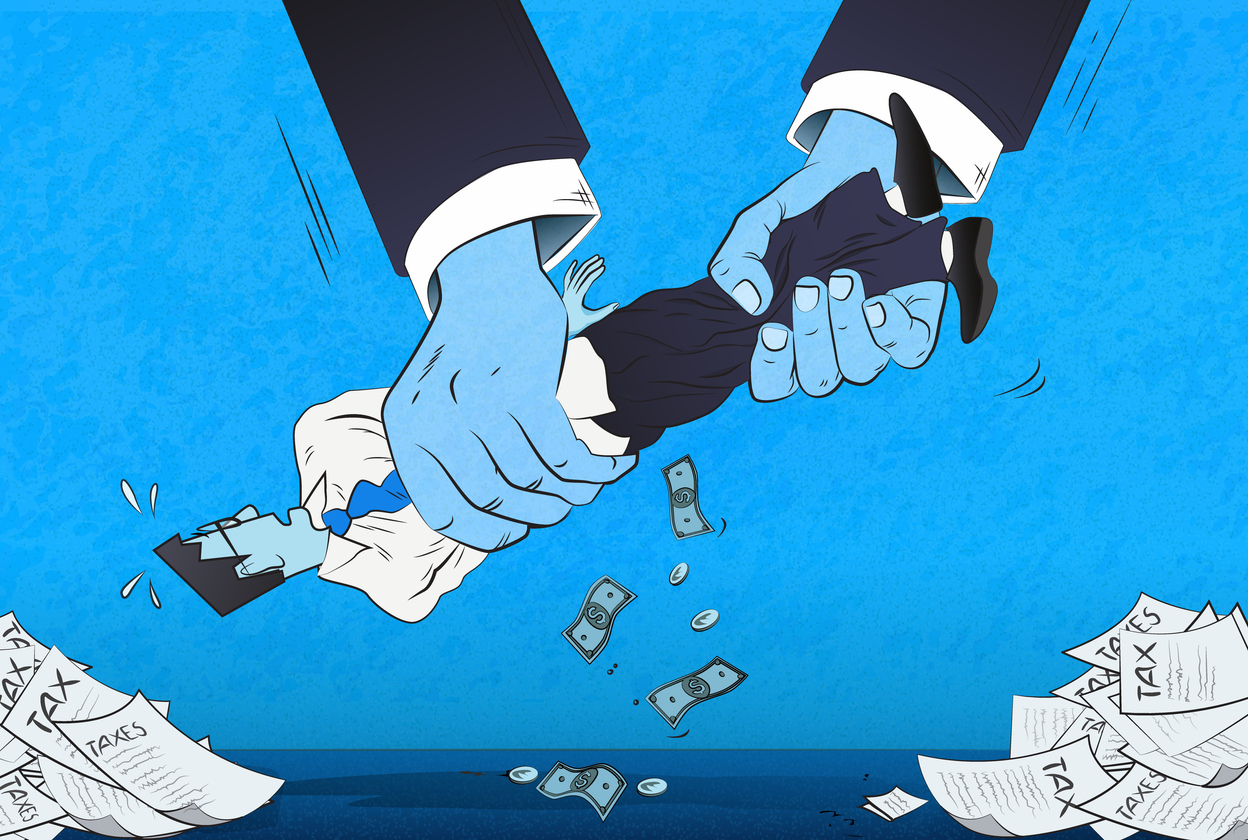What constitutes a government emergency? There is currently a fierce debate happening in Washington D.C. right now concerning how easy it should be to declare an emergency to bypass Congress. We should be having a similar debate here concerning the ease with which lawmakers consistently declare an “emergency” to bypass the people’s constitutional right of referendum. For example, let’s consider the massive transportation tax increase package currently moving in the state Senate.
Among other tax increases, SB 5971 would impose a carbon tax despite the fact voters have recently twice rejected that type of tax (I-732 and I-1631). In doing so the bill declares the tax increases are “necessary for the immediate preservation of the public peace, health, or safety, or support of the state government and its existing public institutions…"
That phrase is known as an “emergency clause” and has the effect of prohibiting the people from exercising their constitutional right of referendum on the bill.
To provide a check on the legislature, the state constitution grants the people the power to veto unwanted legislation through the use of a referendum. According to the Secretary of State, “The referendum allows citizens, through the petition process, to refer acts of the legislature to the ballot before they become law.” This power applies to any bill adopted by the legislature except those that include an “emergency clause.”
An emergency clause states that a bill is exempt from repeal by referendum because the bill is, “necessary for the immediate preservation of the public peace, health or safety, support of the state government and its existing public institutions.” The use of the emergency clause allows bills to take effect immediately once signed by the governor.
The purpose of the emergency clause is to allow state government to respond quickly to true public emergencies, like a large-scale natural disaster or wide-spread epidemic disease. Yet over the years, lawmakers have routinely abused the exemption by attaching emergency clauses to arguably non-emergency bills. For example, a taxpayer funded baseball stadium.
The first opportunity the Supreme Court had to address the legislature's questionable use of an emergency clause was in 1995 with the passage of SB 6049 – Providing public funding for the Mariners’ stadium in Seattle.
In a 6-3 ruling upholding the denial of a referendum, the Court said:
"Ultimately, the emergency that faced the Legislature was that the Seattle Mariners would be put up for sale on Oct. 30 (1995) unless, prior to that date, the Legislature enacted legislation that would assure the development of a new publicly owned baseball stadium for King County."
The Supreme Court had an opportunity to revisit this ruling in 2005 when faced with the question of whether the legislature's suspension of the then voter-approved two-thirds vote requirement for tax increases was an emergency warranting denial of a referendum.
Again, in a 6-3 ruling the Court upheld the legislature declaration of an emergency. The impact of the ruling was to give the legislature a blank check to use emergency clauses any time it wants. This has the effect of routinely stripping the people of their right of referendum. The dissenting judges, however, wrote blistering objections to the majority’s decision.
For example, former Justice Richard Sanders warned that the ruling allows the legislature to avoid the people’s right of referendum:
“Where the Legislature uses an emergency clause simply to avoid a referendum rather than respond in good faith to a true ‘emergency’ . . . and where the court essentially delegates its independent role as a constitutional guardian to the legislative branch of government in its power struggle against the popular branch of government; I find little left of the people’s right of referendum.”
There is a better way to allow the legislature to respond to true emergencies while protecting the people’s right of referendum. The following is from South Dakota's constitution (Article 3, Section 22):
“Effective date of acts -- Emergency clause. No act shall take effect until ninety days after the adjournment of the session at which it passed, unless in case of emergency, (to be expressed in the preamble or body of the act) the Legislature shall by a vote of two-thirds of all the members elected of each house, otherwise direct.”
Like South Dakota, Washington should also require a supermajority vote if lawmakers want to declare an emergency to prevent a referendum. Bills have been proposed in Olympia in prior years to do this but have not been adopted (see SJR 8206 from 2013).
If a true public emergency occurs that warrants denying the people their right of referendum, a supermajority vote requirement in the legislature should not be difficult to achieve. In the case of a true emergency, the public would most likely welcome the use of the emergency clause by the legislature, recognizing it is intended to be used at just such a time. Political convenience, however, should no longer serve as a reason to deny the people their right of referendum. This is especially true when lawmakers are trying to impose a tax the voters have repeatedly rejected.






